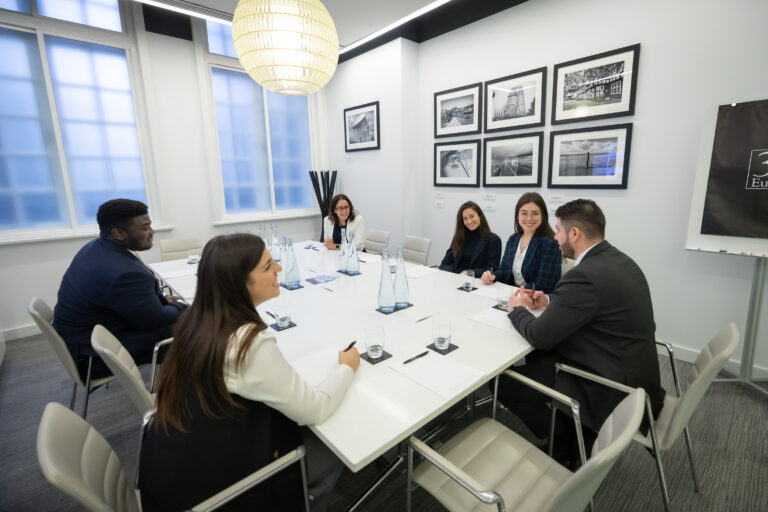Allan Heard, General Manager at 30 Euston Square explains how both food and other forms of waste can be tackled through closer collaboration.
As consumers have become more aware of their individual impact on the environment, venues that welcome hundreds of delegates through their doors on a daily basis have a responsibility to take action. For too long, waste management has been a low priority for venues and events caterers but this is now changing. We have begun to realise that we have a collective duty of care to help reduce the environmental impact of what is consumed, how it is consumed and how the surplus is eventually disposed of. Waste management is a joint effort and the challenge is that it can only succeed if all parties involved in events work together – the client, the organiser, the agent, the caterers and the venue.
While 30 Euston Square as a business has grown considerably since opening its doors in 2013, we have made the conscious effort of reducing the ratio of business vs food, plastic and paper waste. This has been achieved by continued customer engagement, research and menu planning. In fact, planning ahead is the crucial step to avoid waste generated by either food surplus or simply marketing collateral. The organisers of this day and age can market their event online using Facebook, Instagram and Twitter, tangible items given away are now entirely avoidable – opt for a redeemable gift voucher for an experience rather than a brochure. Sustainable paper and ink are also widely available and can help reduce the waste produced at an event. These actions may seem small compared to the amount of waste generated by large conferences and events in the UK but the impacts are far reaching and can have a sizeable difference over time.
Packaging waste is not the only item on the venue’s radar. Our Executive Chef, Daniel Broughton has been a strong advocate of reducing food waste. We reduce the amount of produce we throw away by finding alternative uses for remaining ingredients, for example our fish cakes are made of left over salmon bellies. Old tomatoes become jams or relishes and wilted herbs become flavouring for breads.
The venue has also launched the ‘Grounds for Garden’ initiative. Coffee grounds from 30 Euston Square are made available to all green-fingered clients and delegates wanting to use it for their compost or garden soil throughout the year. These coffee grounds become pH neutral and rich in nitrogen, perfect for nitrogen loving plants. There are small waste management efforts that are easy to implement regardless of your venue size. All it requires is a dedicated team prepared to embrace the changes. When you make this shift, the knock on effects can be huge and unexpected.

July and August Offer
20% off Ground Floor DDR rate or room hire for any booking taking place in July and August.
T&C’s: Subject to availability. Minimum numbers apply.